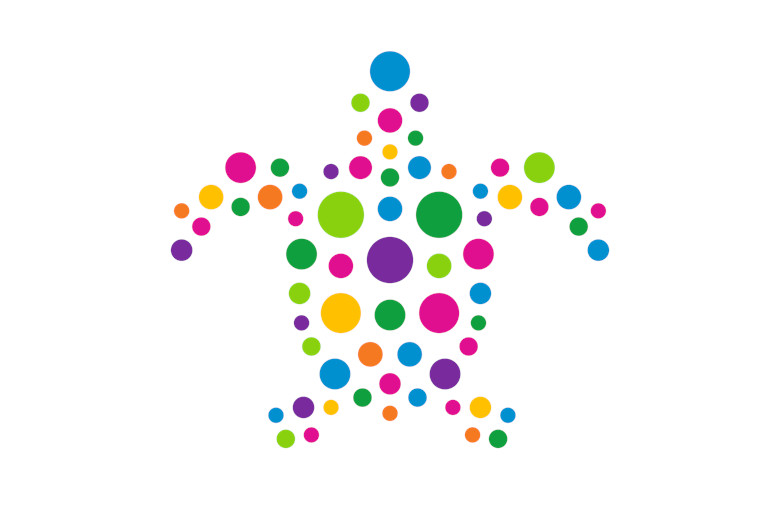Purpose
Around the world, lesbian, gay, bisexual, transgender, queer, and intersex (LGBTQI) people continue to experience significant legal and social exclusion, which directly correlates with higher rates of poverty as well as disproportionate levels of violence. Higher rates of poverty and disproportionate levels of violence against LGBTQI people also represent serious challenges to their human rights. Through both lenses – socioeconomic empowerment and human rights – we see this significantly limits social and macroeconomic development at the national and regional levels. Yet, and due to the pervasive problem of a scarcity of national and regional statistical data, this makes it very difficult to combat historical exclusion and violence as well as to inform more inclusive economic recovery strategies.
For many years, activists and leaders across the Caribbean have acknowledged and experienced a “glass ceiling” in the scope and depth of their engagement with governments and other key stakeholders as limitations in the availability of – and access to – quality data. Regional systems like PANCAP, CARICOM, and the development banks, among others, operate to address health, climate change, economic integration and academic research, yet overlook actual investments into LGBTQI economic livelihoods. Instead, economic livelihoods for LGBTQI people have predominantly been championed by civil society organizations.
From this championing by civil society, this then led to multiple concerted efforts in advocacy for the acceleration of implementation and publication of LGBTQI data collection, which has led to the creation of a significant body of regional Caribbean research. This now represents an unprecedented and unique perspective on LGBTQI people in the Caribbean – a surge in data that portrays their livelihoods, systemic challenges, and contributions.
The Challenge – Needing Transformative Action
Amidst this surge in knowledge and data-driven analytics, and in light of the COVID-19 pandemic, dissemination of these products has often been limited to one-off webinars. This has stymied the ability of organizations to work with influential stakeholders to turn the findings of the research into effective policies – i.e. the research now sits on various websites with little meaningful engagement. Further, and due to a lack of institutional leadership to bring this research and knowledge together to sensitize all stakeholders, many are unaware of this surge in knowledge. From that, many unaware organizations are likely to duplicate others' efforts and “reinvent the wheel” by engaging in redundant analytical efforts. And this cycle will only continue and remain unable to fuel the transformative action that is needed.
The Opportunity – We Have the Analytics
It is with this backdrop and unprecedented opportunity that we are hosting regional roundtables (in-person with virtual options) to bring together important stakeholders – many of whom have not been leveraged prior on rights and inclusion. On September 15-16 in Bridgetown, Barbados, we are convening civil society, governments, economic development banks, regional courts, and the private sector to discuss the wealth of LGBTQI data in the region and discuss viable policy interventions to promote inclusion and rights - particularly economic inclusion and livelihoods. Ultimately, we seek to Drive Analytical, Transformative Action (D.A.T.A.) for LGBTQI people in the Caribbean.
Meet the Organizers
United Belize Advocacy Movement
UNIBAM is the oldest and only LGBT led policy and advocacy non-governmental organization in Belize. Its broad theme of focus is health and human rights. Its mission is to be an Advocacy Organization that uses rights-base approaches to reduce stigma and discrimination.
Learn more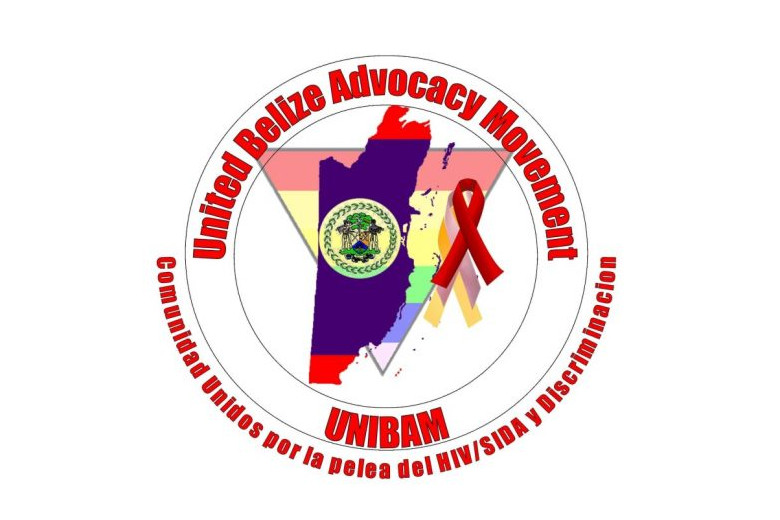
Eolas Consulting
Derived from the Irish Gaelic word for “knowledge”, Eolas Consulting, LLC (think: A-oh-lahs) is a small and streamlined firm that works toward a poverty-free world where socially excluded people are better represented by data and included in economic development programs.
Learn more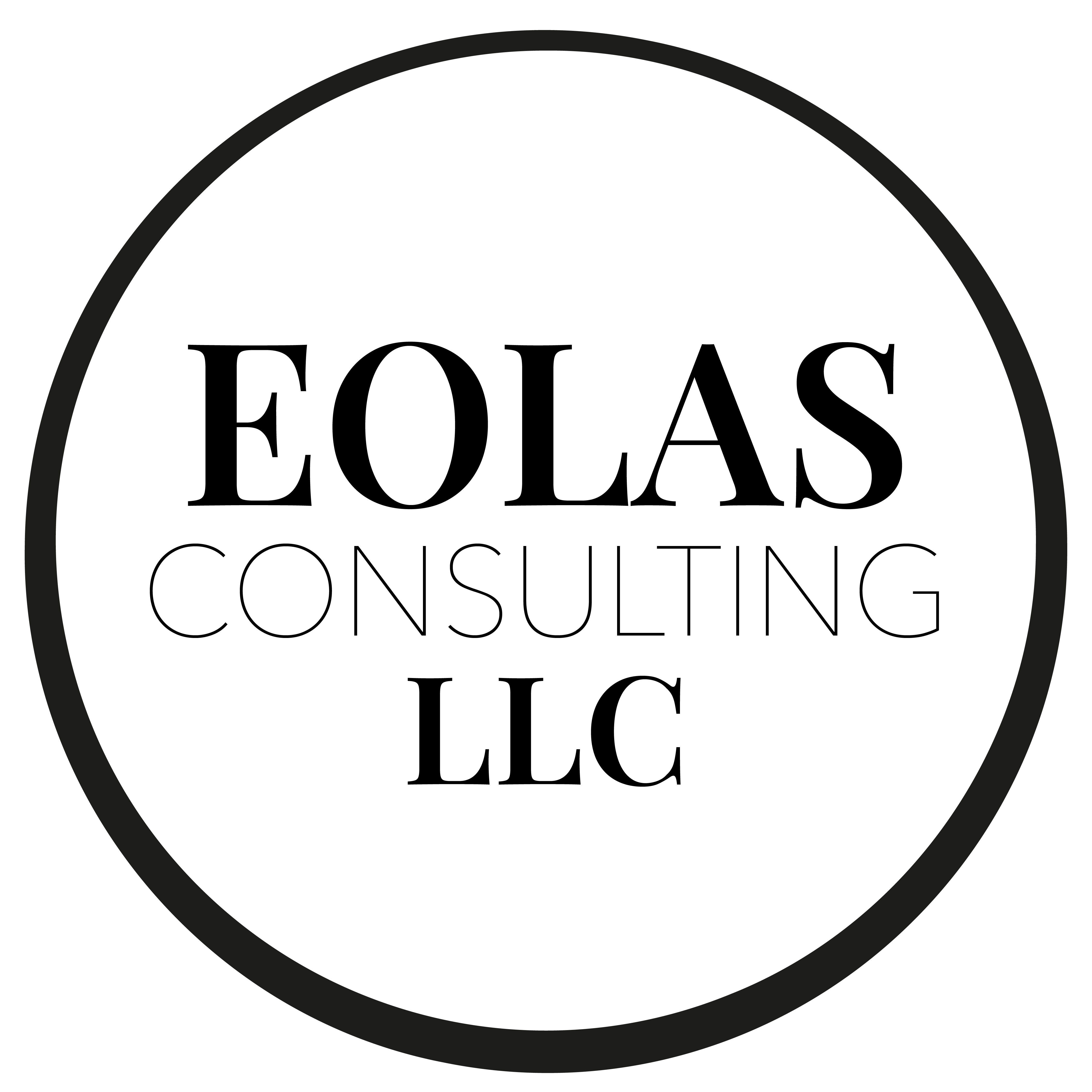
United Nations Development Programme
UNDP works in about 170 countries and territories, helping to eradicate poverty, reduce inequalities and exclusion, and build resilience so countries can sustain progress. As the UN’s development agency, UNDP plays a critical role in helping countries achieve the Sustainable Development Goals.
Learn more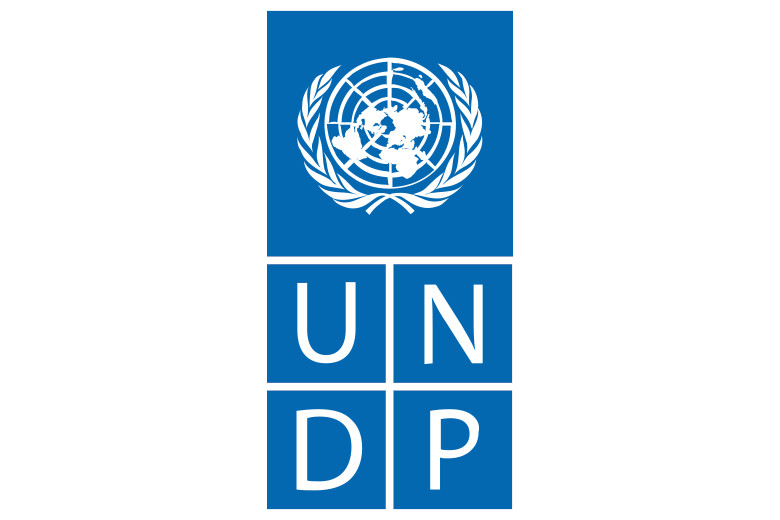
ECADE
ECADE is an independent umbrella organization, inclusive of organizations in the small island territories in the eastern Caribbean, from the Virgin Islands to Grenada. ECADE works with LGBTIQ and human rights organizations within the EC to strengthen institutional capacity and provide a platform to strategize and work towards equality within the sub-region.
Learn more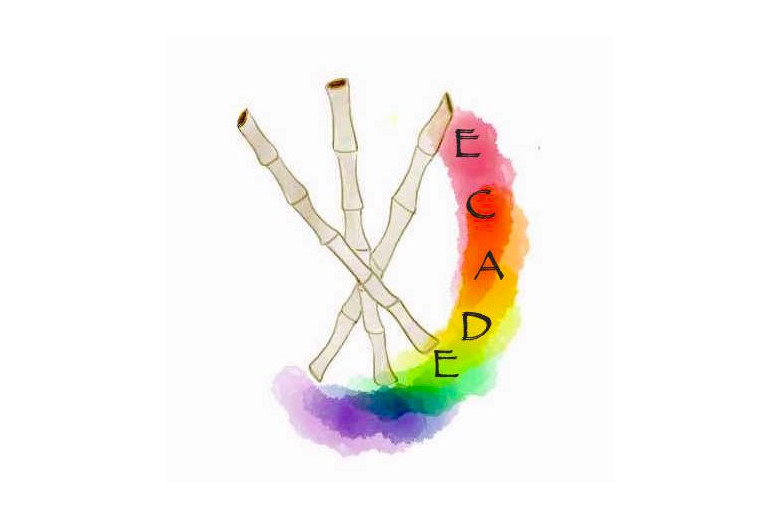
Colours Caribbean
Colours Caribbean—formerly Colours Cayman—is a registered non-profit organisation (NPO) founded in 2018 by Billie “Bee” Bryan, a transgender and queer woman-of-colour (QWOC) and locally operated in the Cayman Islands, a British Overseas Territory in the Caribbean.
Learn more